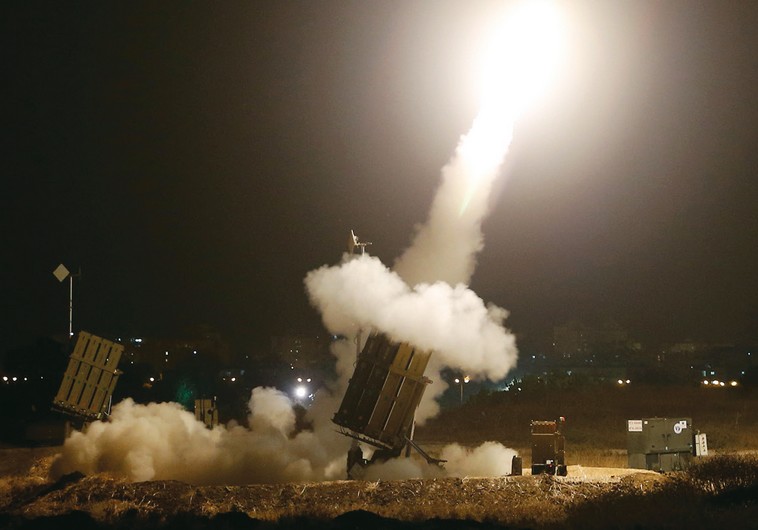Israeli official in US for expected announcement of massive military aid package
The current military aid package, which provided Israel with some $30 billion in military assistance over the last decade, expires in October 2017.
 An iron dome launches rockets to intercept incoming rockets from Gaza on Tuesday.
An iron dome launches rockets to intercept incoming rockets from Gaza on Tuesday.